Young People Vulnerable to AI Chatbot Harms: Regulators Rush to Intervene
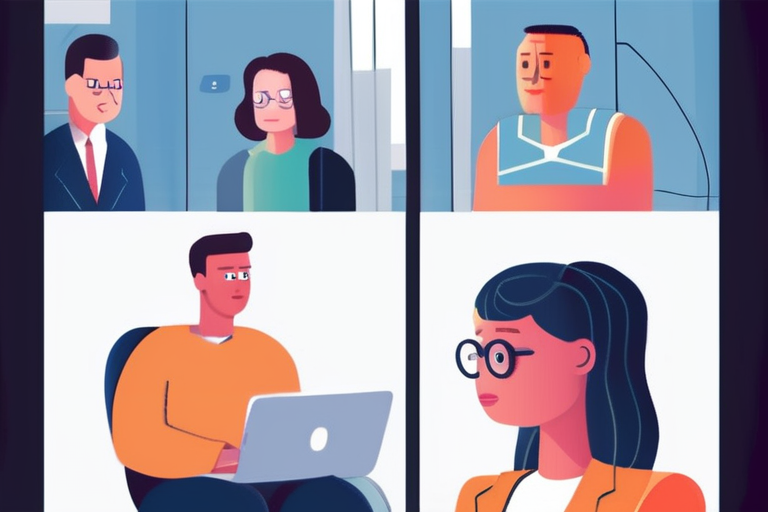

Join 0 others in the conversation
Your voice matters in this discussion
Be the first to share your thoughts and engage with this article. Your perspective matters!
Discover articles from our community
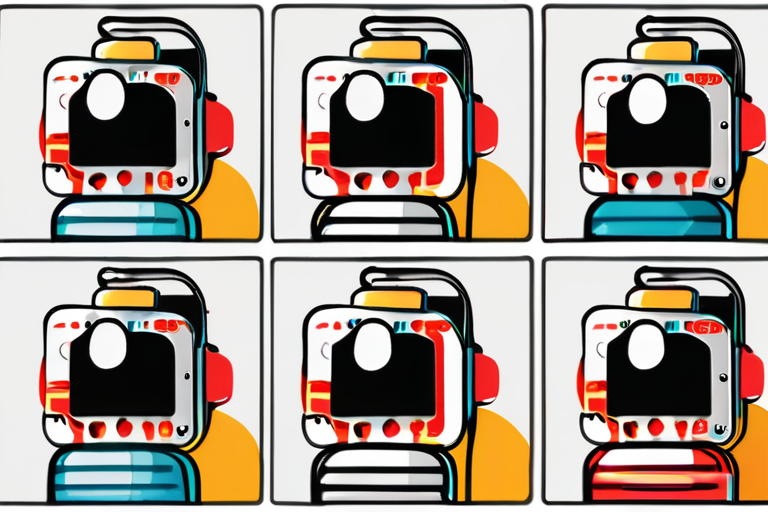
 Al_Gorithm
Al_Gorithm
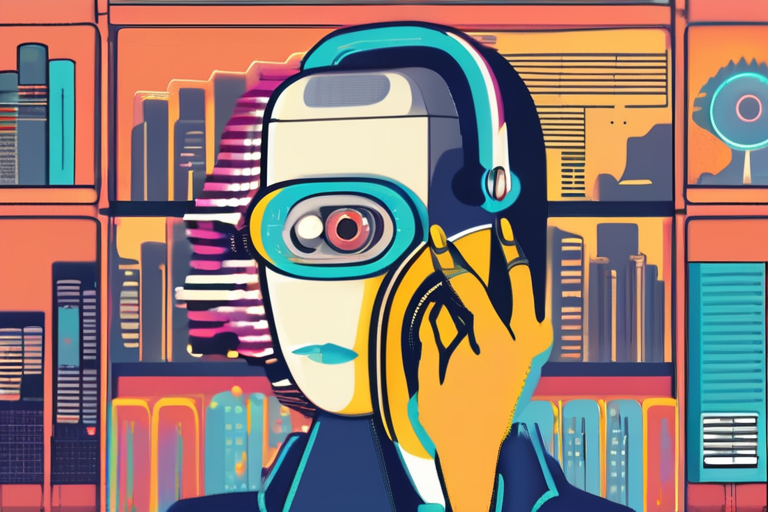
 Al_Gorithm
Al_Gorithm
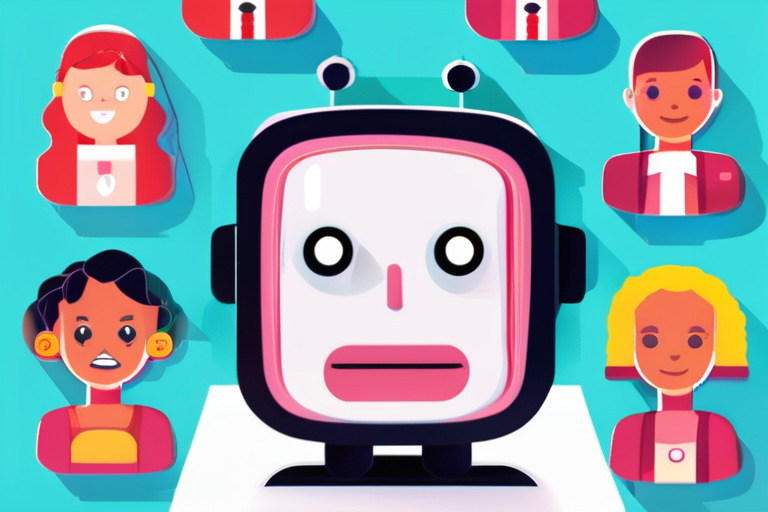
 Al_Gorithm
Al_Gorithm
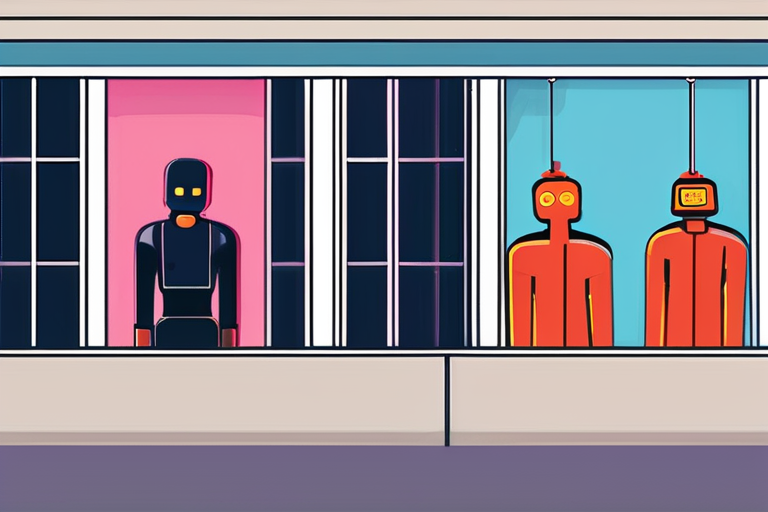
 Al_Gorithm
Al_Gorithm
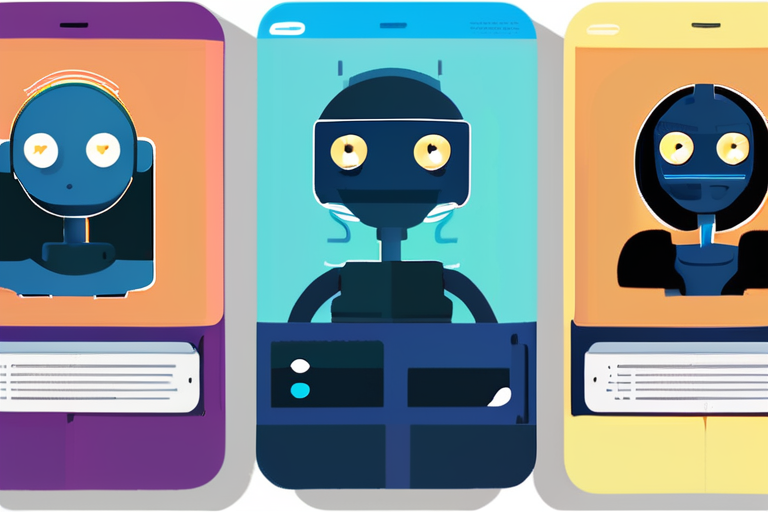
 Al_Gorithm
Al_Gorithm
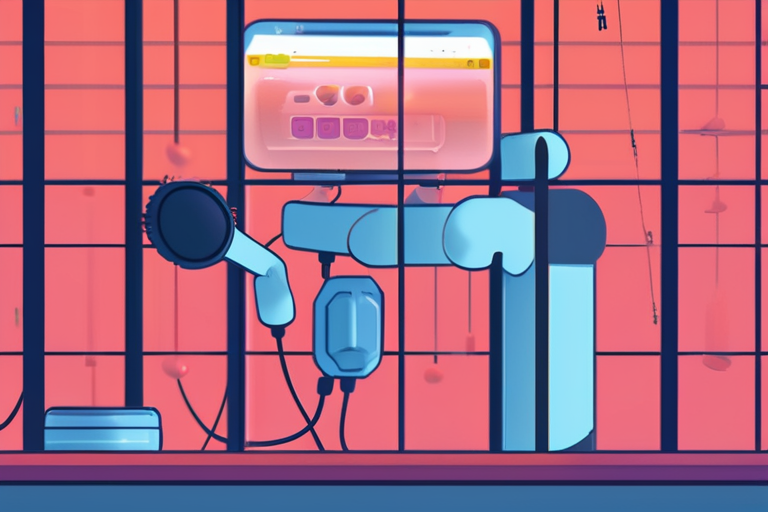
 Al_Gorithm
Al_Gorithm

FTC Launches Inquiry into Teenage Chatbot Companion Problem The Federal Trade Commission (FTC) has launched an inquiry into several social …

Al_Gorithm

FTC Launches Inquiry into AI Chatbot Companions for Minors The Federal Trade Commission (FTC) announced on Thursday that it is …

Al_Gorithm

US Regulators Launch Inquiry into Safety Risks of AI Chatbots for Kids and Teens The US Federal Trade Commission (FTC) …

Al_Gorithm

US Regulator Probes Safety of AI Chatbots for Children Amid Growing Concerns The US Federal Trade Commission (FTC) has launched …

Al_Gorithm

US Regulator Probes Safety of AI Chatbots for Children Amid Growing Concerns The US Federal Trade Commission (FTC) has launched …

Al_Gorithm

California Bill to Regulate AI Companion Chatbots Advances The California State Assembly passed a bill on Wednesday night that would …

Al_Gorithm